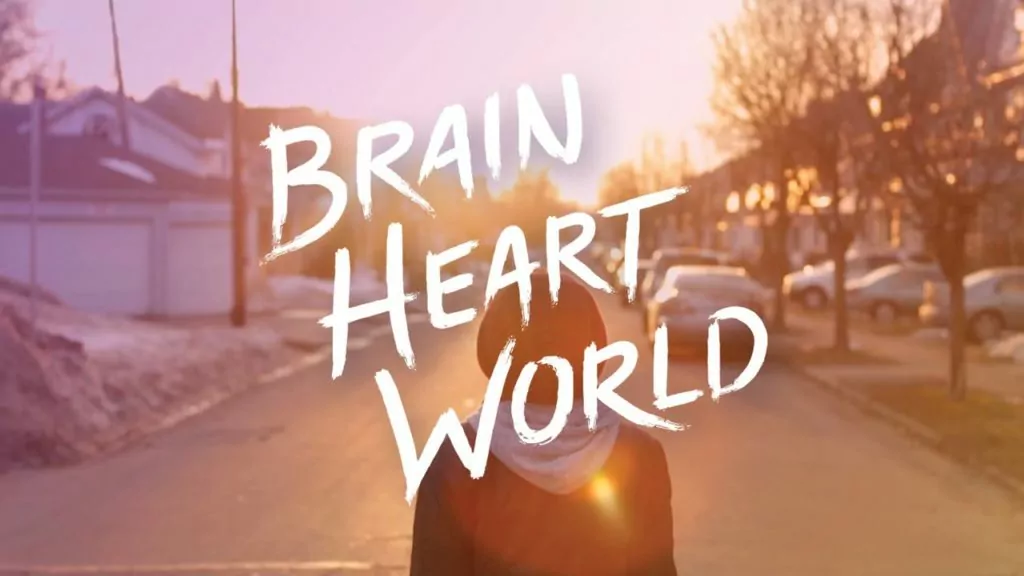Sexual temptation caught up Solomon, the wisest man who ever lived; Samson, the strongest man who ever lived; and David, a man after God’s own heart.
Our kids are not immune.
*****
I gave my first presentation on the dangers of pornography eleven years ago at a United Reformed youth camp in Alberta. At the time, as Internet use became ubiquitous and smartphones were becoming the norm, the availability of digital pornography was beginning to become an increasingly dangerous problem. Pastors and community leaders were noticing that porn use was becoming increasingly normal.
Nobody, however, suspected just how prevalent it would become over the next decade. I have given presentations to Reformed audiences – high schools, churches, youth camps, and other events – of nearly every denomination, and in the past several years I have reached an awful conclusion. Pornography use has increasingly become normal.
Reformed kids are getting addicted
I know this is difficult for many Reformed people to believe. We would like to think that preaching, parenting, and education have made us at least partially immune to this scourge. Unfortunately, as I have written in this publication before, we underestimated the extent to which the digital age would make this tremendously addictive sexual poison a nearly omnipresent temptation to nearly everyone with access to a digital device with Internet capacity – and the ways in which the porn industry works to place these images in front of every Internet user, young and old. I have spoken to hundreds of Reformed people who were exposed to pornography by accident, and ensnared as a result.
I’ve now spoken with many kids who have been hooked on pornography prior to the age of ten – something I almost never encountered just a few years ago. One young man was fifteen, and had been addicted since the age of five. Several others first encountered porn at the age of 7 or 8. I’ve lost count of the number of kids who say that they began using porn in Grade 6. Many of them got addicted by using one of the unused cell phones lying about the house, which they used to connect to Wifi and access porn – circumventing any protections their parents had put in place. (Indeed, many of the kids I spoke to came from homes where the Internet was monitored and parental efforts had been made to keep the home porn-free.)
Many young men who have reached out to me have shared that because their addiction started so young – indeed, profoundly impacted the brain development – they have been rendered incapable of viewing women and girls in a pure way. One, in desperation, told me that he badly wanted to ask a girl to graduation, but that he couldn’t even look at a girl without pornographic images surging through his mind. Young men – and increasingly, young women – are pumping hundreds, if not thousands, of hours of sexual toxins directly into their minds for years. They are taking these images into their relationships.
Young women too
A key development that I have noticed over the past several years is the spike in porn addiction among girls and young women in Reformed communities. Pornography addiction among young women has always existed, but has generally been different than male porn addiction – pornographic books, for example.
But the sheer prevalence of porn addiction and its common usage amongst many teens has changed that. At one Reformed school, every girl in high school had at least watched it. Some were struggling with several addiction issues. Accompanying this trend is sexting – personalized pornography. Most Reformed schools have had to deal with this issue at least once, and the young ages of some of the participants highlights the extent to which this problem has exploded.
I’ve also lost count of the stories I have been told by young men and women who entered marriage with an undisclosed pornography addiction (and very frequently, a consequently deformed view of sexuality), causing their spouse tremendous pain. Many of these couples struggled to heal their marriage for years; therapy is often necessary to do so. “Betrayal trauma” – which psychiatrists compare to post-traumatic stress disorder – is becoming a norm for young spouses in the first years of marriage (or, if the addiction remains hidden for years, later on.) Pastors and church leaders have told me that porn use within the Reformed community is a leading cause of marriage strife, pain, and in the worst cases, divorce.
The “couldn’t be my kid” delusion
I know there are many parents who will read this and think: This couldn’t be my children. This is other people’s kids. I had one mother come up to me after a presentation and tell me how glad she was that her sons hadn’t struggled with this poison; both of her boys had talked to me about their struggles with porn. A father told me after a parents’ evening on the porn problem that he didn’t think it was that big of an issue, but he supposed it would be worth it if one kid quit. At least one did quit as a result of attending – his son.
Because pornography is everywhere, all kids have access to it – and “good kids” get hooked just as often as rebellious ones. The Scripture warns us never to think that we will not be susceptible to sexual temptation – to say this would be saying that we are wiser than Solomon, the wisest man who ever lived; stronger than Samson, the strongest man who ever lived; and closer to God than David, the man after God’s own heart. Job was called a perfect man, but he knew his own heart well enough to commit to making a covenant with his eyes to avoid sexual sin.
Parents, we need to talk
After presentations at high schools, I take questions from the students on pieces of paper (so that they will be willing to ask whatever is on their mind). Over and over again, I get the same question: How can I get help? There are hundreds – very likely thousands – of kids in our communities who are struggling with this, too scared and ashamed to ask for help; too nervous that the adults will not be able to handle their struggles. Many have sought and received help, but many struggle alone. It is essential that we have these conversations in our homes first, but also in our schools and our communities.
The teenagers are ready. Couples struggling with this are ready. It is time for us to start fighting in earnest—and begin rebuilding.















